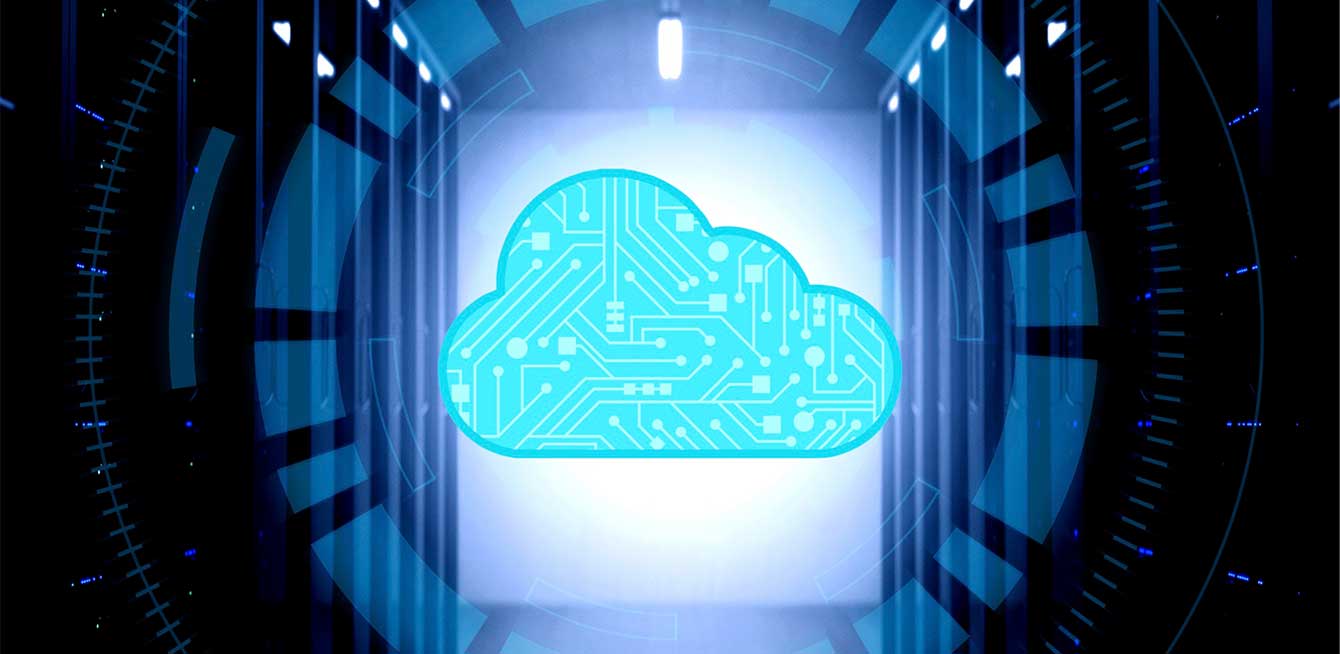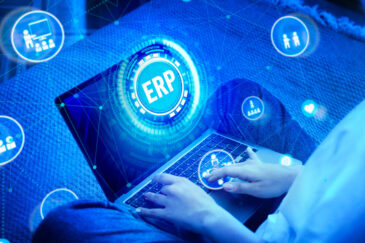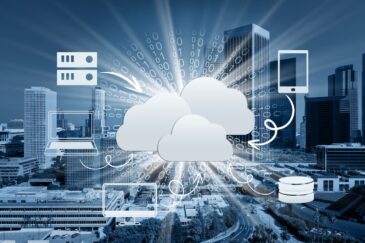Best Practices for Efficient ERP System Maintenance

- January 17, 2024
- Jhansi Rani
- 0
ERP system implementation is a significant milestone, but continuous maintenance is equally crucial. After investing substantial time and resources in ERP system implementation and training, organizations rely heavily on these systems for day-to-day activities. Any disruption in the ERP system can have a cascading effect on various departments, from finance to production, jeopardizing crucial data. This emphasizes the importance of a well-thought-out ERP maintenance plan to sustain the enhancements and benefits gained during the implementation phase. Let’s explore the best practices for efficient ERP system maintenance to ensure the smooth functioning of critical business processes.
Employee Training
Employee training involves establishing a continuous learning culture within the organization to ensure that all staff members are well-versed in the features and functionalities of the ERP system. This includes initial training during the ERP system implementation phase and emphasizes ongoing education to keep employees informed about updates or new capabilities. Cross-functional training is equally essential, enabling employees to seamlessly fill in for one another, ensuring uninterrupted workflow even without specific individuals. This comprehensive training approach maximizes the efficient utilization of the ERP tool across the organization.
Analyzing Internal Capabilities
Analyzing internal capabilities is crucial to determining whether an organization’s in-house IT team possesses the requisite expertise to handle maintenance for both on-premise and cloud-based ERP solutions. If the internal team needs more skills or bandwidth, consider engaging third-party consultants or leveraging services from the ERP vendor. This assessment ensures that you have the right resources in place to address any maintenance requirements effectively, optimizing the performance and reliability of the ERP system.
Service Level Agreements (SLAs)
SLAs play a key role in ERP maintenance, defining the terms and conditions of the support provided by vendors. It is essential to thoroughly review SLAs to gauge the responsiveness of the vendors in addressing issues that may arise post-implementation. This includes evaluating the reliability of post-support services, turnaround times for issue resolution, and the overall comprehensiveness of the support package. A clear understanding of SLAs is vital to establishing a robust partnership with the ERP service provider and ensuring the system’s long-term health.
Up-to-Date Software
ERP vendors consistently release updates to address bugs, introduce additional features, enhance user navigation, and improve overall system performance. Organizations must stay informed about their current version and actively implement the latest updates the vendor provides. This proactive approach allows the ERP system to operate at its peak efficiency and guards against potential vulnerabilities, making it less susceptible to external threats such as cyber-attacks. Whether you’re running an on-premise or cloud-based ERP solution, keeping the software up to date is fundamental to the long-term success of ERP maintenance.
Security
ERP Roadmap Planning
Planning the ERP roadmap involves considering both short-term and long-term maintenance costs. Organizations need to define the duration between upgrades and evaluate the effective life cycle of the ERP platform. This planning helps optimize maintenance costs, ensuring the ERP system aligns with evolving business processes. Regular reevaluation every three to five years enables organizations to decide whether additional investment in maintenance or a complete upgrade is necessary. It allows you to make informed decisions about the future of your ERP system, enhancing efficiency and effectiveness in the long run.
System Checkup and Governance
Conduct routine assessments by experts to rectify potential issues before they escalate. Establishing a governance plan ensures continuous monitoring of the ERP system, promoting a secure environment. This may involve having a dedicated team or coordinating with ERP consultants to oversee system health. By proactively addressing concerns and implementing a governance plan, organizations can prevent disruptions, ensuring the ERP system remains a reliable and efficient tool for day-to-day operations.
Training and Employee Awareness
Continuous training and employee awareness form a critical aspect of ERP system maintenance. While organizations often provide initial training during the ERP system implementation phase, ongoing training sessions are equally important. This is particularly crucial as new features are introduced through updates. Employing third-party trainers or engaging with ERP providers for consistent employee training ensures that the workforce can utilize the ERP system’s full potential. Training is about functionality and encompasses security practices, enhancing overall efficiency, productivity, and profitability by leveraging the ERP system to its fullest.
Hiring ERP Experts
Experts bring in-depth knowledge of ERP systems, guiding organizations with best practices and maximizing the return on their ERP investment. ERP experts play a crucial role in maintaining security, assessing the effectiveness of existing security protocols, and ensuring the smooth functioning of the system. While hiring ERP experts may involve additional costs, their expertise is invaluable in keeping the organization’s technology stack up-to-date and fostering efficient system utilization across various departments, including financial operations. Additionally, some ERP vendors offer maintenance packages that provide personalized services and support, further enhancing your capacity to address evolving technological needs.
Device Usage Regulation
Regulating personal devices for work is a critical aspect of ERP system maintenance, especially in the era of remote work. Allowing employees to use personal devices may seem cost-effective, but it increases the cyber-attack risk. Organizations need to implement policies that govern the use of personal devices, ensuring adherence to security measures. Establishing guidelines for storing and handling data on private devices helps mitigate security risks. By addressing the potential vulnerabilities associated with personal device usage, organizations can enhance the overall security posture of their ERP system, minimizing the risk of data breaches or unauthorized access.
Backup and Storage
Regular backup and storage practices are fundamental for data protection and resilience against potential disruptions and common threats like data corruption, accidental deletion, or ransomware attacks. Implementing a robust backup strategy ensures the availability of critical ERP data, and storing backups on multiple servers further safeguards against the impact of ransomware attacks. Periodic backup routines and secure storage practices can contribute to a comprehensive data protection strategy. Organizations can swiftly recover from data-related incidents by having a reliable backup and storage system in place, ensuring business continuity and minimizing the downtime associated with ERP system maintenance.
Conclusion

Services
Products
Company
Copyright © 2025 Rite Software Solutions & Services LLC. All rights reserved.



